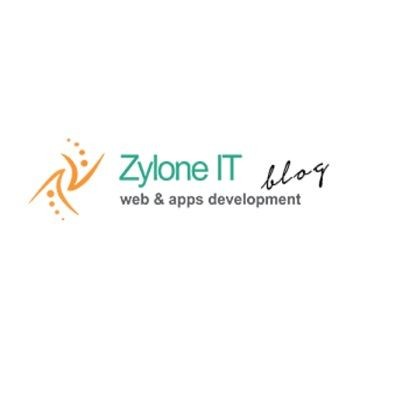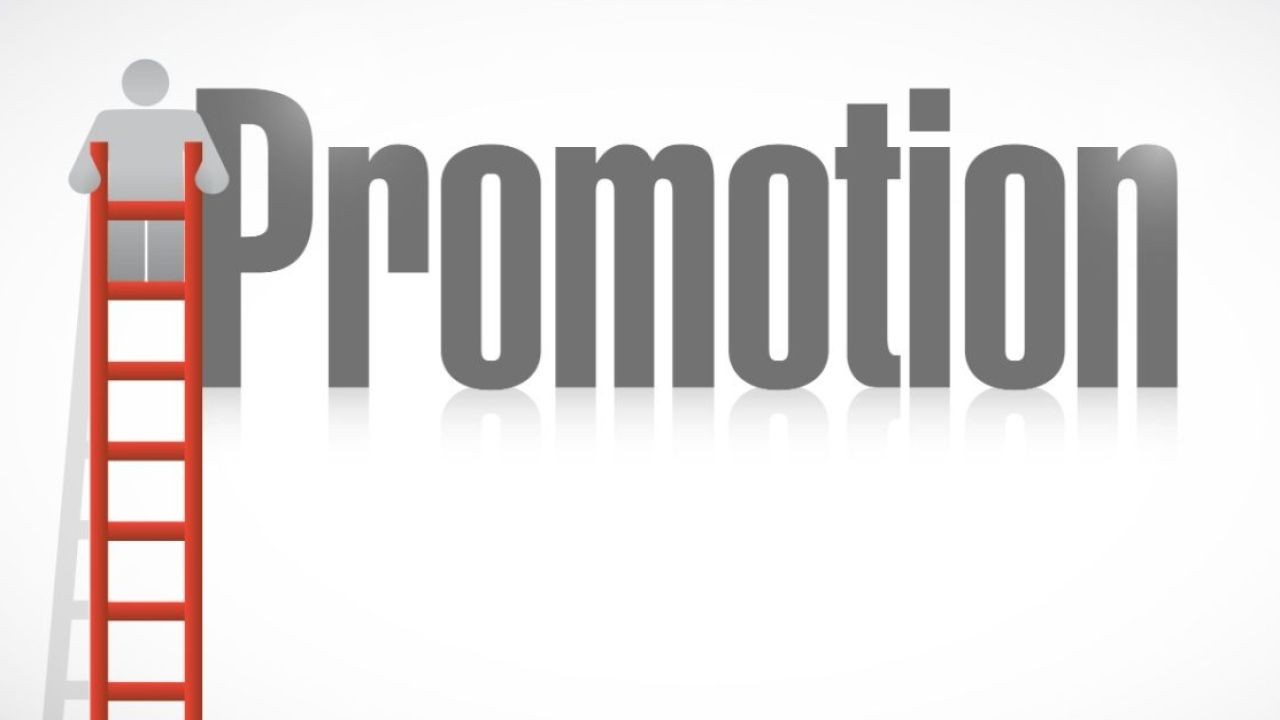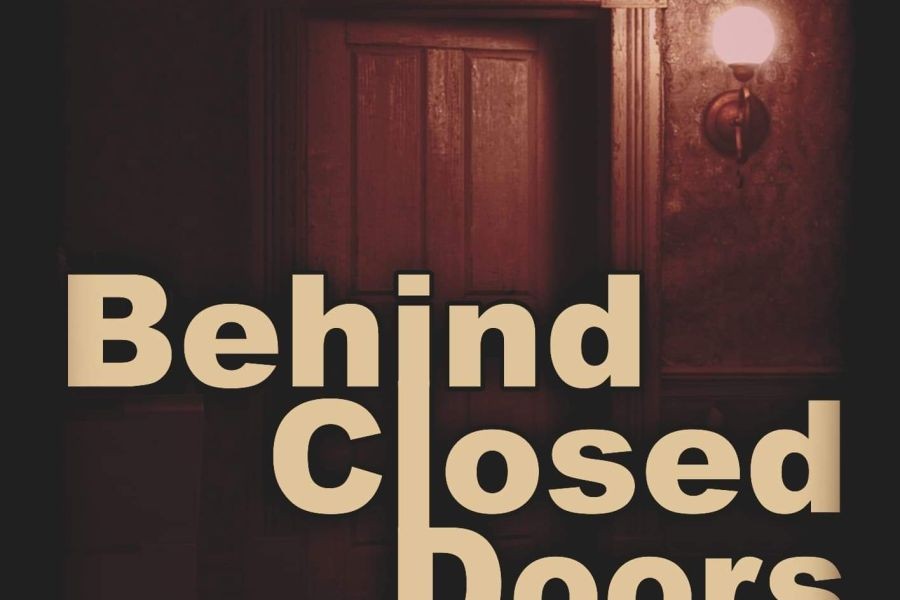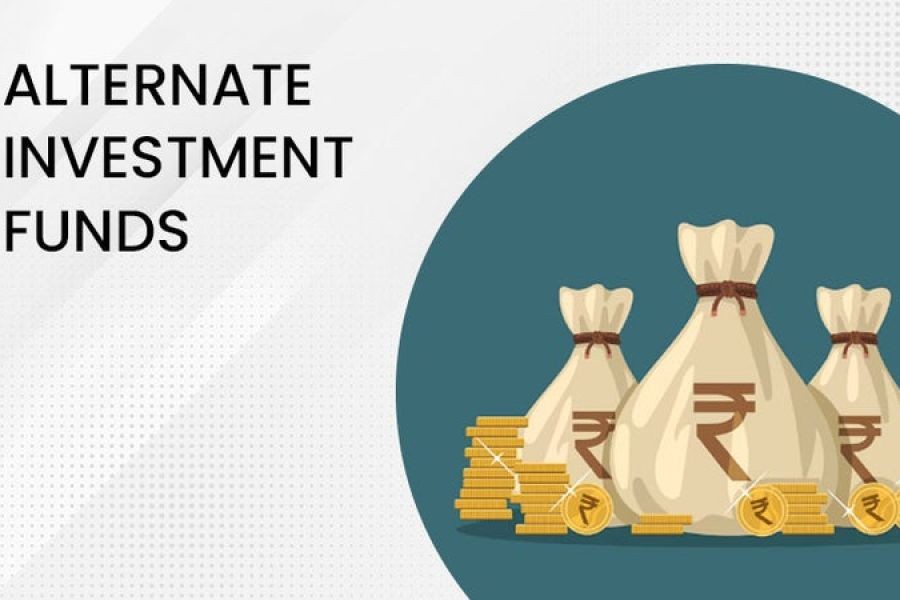In New Zealand, the question of whether to pursue private school education is a decision that many families grapple with, often weighing the perceived advantages against the financial burden. As the cost of private school education continues to rise, it begs the question: is it worth the investment? This article delves into the intricacies of private school costs in New Zealand, unpacking the implications for families and the broader educational landscape.
The Cost of Private School Education in New Zealand
Private school education in New Zealand is renowned for its perceived quality, smaller class sizes, and extracurricular opportunities. Yet, these benefits come at a significant cost. According to a 2023 report by Stats NZ, the average annual tuition fee for private schools in New Zealand is approximately NZD 20,000 per student. This figure can escalate when additional expenses such as uniforms, textbooks, and extracurricular activities are accounted for.
While these costs are daunting, proponents argue that the investment pays off in the form of better academic outcomes and networking opportunities. However, critics question whether the financial sacrifice is justified, especially when public schools offer strong academic programs without the hefty price tag.
Case Study: King’s College Auckland
Problem: King’s College Auckland, one of New Zealand’s prestigious private schools, faced challenges in maintaining enrollment numbers as tuition fees escalated. The school was criticized for prioritizing financial gain over inclusivity.
Action: In response, King’s College initiated scholarship programs and financial aid to attract a more diverse student body. They also invested in enhancing their academic and extracurricular offerings to justify the tuition costs.
Result: Enrollment numbers stabilized, and the school reported a 15% increase in applications, indicating a renewed interest from families who value the comprehensive education offered.
Takeaway: This case underscores the importance of balancing quality education with affordability, highlighting the need for private schools to offer financial support to remain competitive.
Pros and Cons of Private School Education
Pros:
- Enhanced Academic Performance: Studies suggest that private school students often outperform their public school counterparts on standardized tests.
- Smaller Class Sizes: Private schools typically offer smaller class sizes, allowing for more personalized attention.
- Extracurricular Opportunities: Students have access to a wide range of extracurricular activities that can enhance college applications.
- Networking: The connections made at private schools can be invaluable in professional spheres.
Cons:
- High Cost: The financial burden can be significant, impacting family finances and saving potential.
- Limited Diversity: The high cost can limit diversity within private schools, affecting the student experience.
- Pressure to Succeed: The competitive environment can lead to increased stress and pressure on students.
Debunking Myths About Private School Education
There are several myths surrounding private school education that need to be addressed:
Myth: Private schools always outperform public schools academically.
Reality: While some private schools have strong academic records, many public schools in New Zealand also boast excellent academic outcomes, often at a fraction of the cost.
Myth: Private school is a guaranteed pathway to top universities.
Reality: University admissions are multifaceted, and while a private school education can be advantageous, public school students also successfully gain entry to top universities through merit and diverse experiences.
Future Trends and Predictions
Looking ahead, the private school sector in New Zealand may see shifts driven by economic trends and societal expectations. According to a report by the Ministry of Business, Innovation, and Employment (MBIE), the education sector is expected to face increasing scrutiny over affordability and inclusivity. As a result, private schools may need to innovate, offering more scholarships and engaging in partnerships to remain relevant and accessible.
Additionally, with advancements in technology and the rise of online education platforms, private schools might incorporate more digital learning tools to enhance their offerings and justify the cost of tuition.
Conclusion
Deciding whether to invest in private school education in New Zealand involves careful consideration of financial implications and educational outcomes. While private schools offer distinct advantages, the rising costs necessitate a reevaluation of their value proposition. For families, it’s crucial to weigh both the tangible and intangible benefits against the financial sacrifices. As the education landscape evolves, private schools must adapt to remain competitive and accessible.
What’s your perspective on private school education in New Zealand? Join the conversation and share your thoughts below!
People Also Ask (FAQ)
How does private school education impact families financially in New Zealand? The financial impact is significant, with tuition averaging NZD 20,000 annually, plus additional expenses, affecting savings and financial planning.
What are the biggest misconceptions about private schools? A common myth is that private schools always outperform public ones, yet many public schools in NZ offer competitive academic programs.
What are the best strategies for evaluating private school options? Evaluate based on academic outcomes, extracurricular offerings, and financial aid availability to ensure the best fit for your family.
What upcoming changes in New Zealand could affect private school education? Economic pressures and technological advancements may drive private schools to innovate and offer more inclusive programs.
Who benefits the most from private school education? Students seeking personalized attention, robust extracurriculars, and networking opportunities often benefit the most from private school education.
Related Search Queries
- Benefits of private school education in NZ
- Cost comparison between private and public schools in New Zealand
- Scholarship opportunities for private schools in NZ
- Impact of private education on university admissions
- Future of private schooling in New Zealand








































maryellenlinin
2 months ago